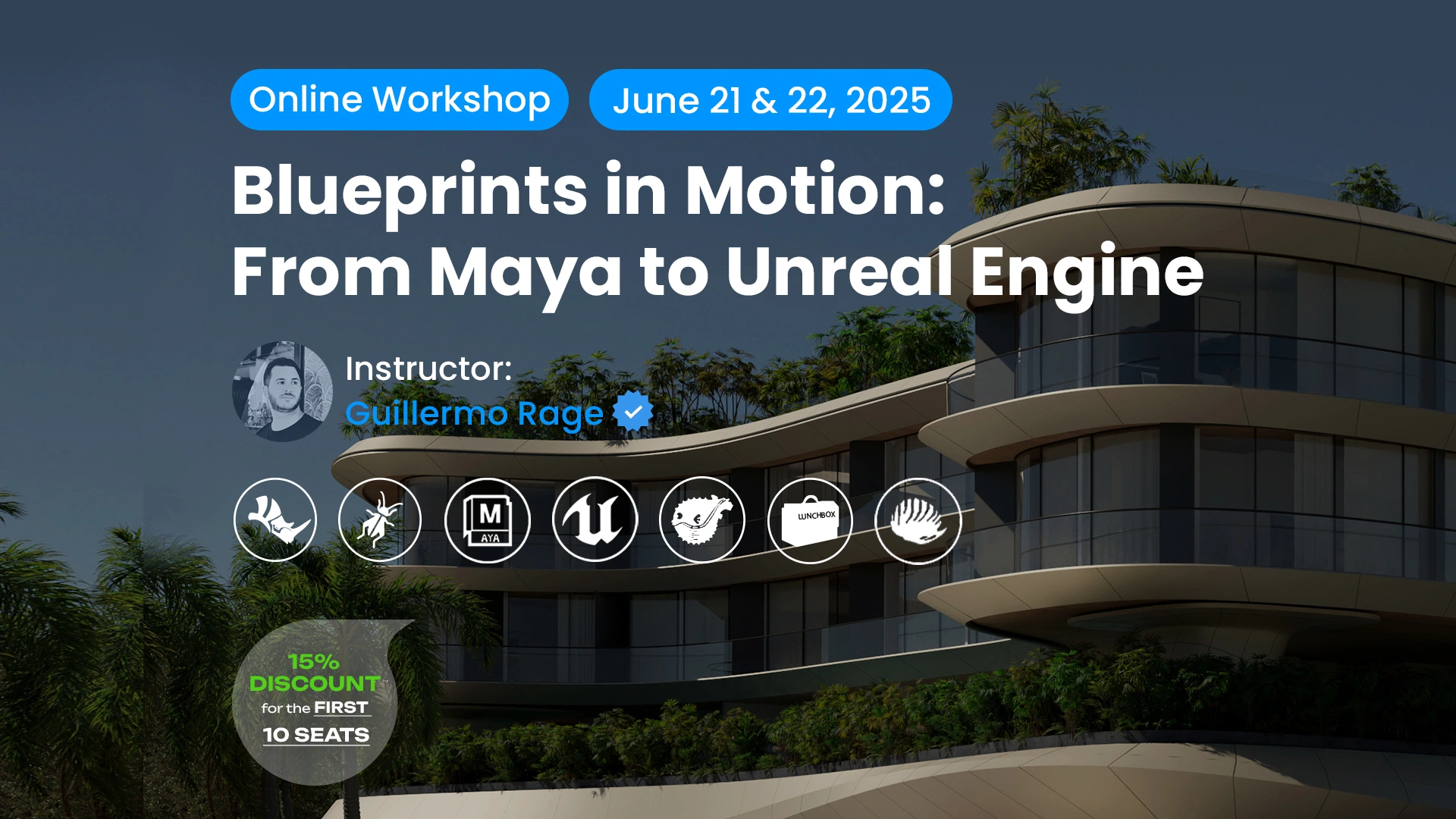Everything sounds possible today with artificial intelligence, even the most crazy ideas. I bet at one point or another we always wondered what it would be like to talk with ourselves outside of our head. Great news, it’s not a fantasy anymore and not even a wild thought anymore. Pioneering researchers at MIT and KASIKORN Labs have officially made this dream a reality.
The MIT Future You is an innovative AI simulation that allows you to chat with a virtual older version of yourself. What would you ask an older version of yourself though? Well it can be anything from offering insights or guidance that could influence your decisions. Sounds really creepy, but it’s very interesting and somehow has been working for others. This article will delve into this new self-stimulating AI chatbot and offer you the necessary insights!
How MIT Future You Uses Generative AI
At the heart of Future You is Generative AI, and it is very much inspired by advanced language models like ChatGPT. The difference here is that the chatbot is trained extensively on data related to personal lives, careers, and human experiences. The result? A compelling simulation that feels like you’re genuinely conversing with your own 60-year-old self. Although it sounds dangerous to share so much personal information, unfortunately that’s the risk you have to take if you’re curious about the experience.
The concept behind Future You is actually rooted in psychology. It revolves around “future self-continuity” which is a psychological term that describes how connected individuals feel toward their future selves. Research shows that a stronger sense of this continuity can lead to improved mental health and better long-term decision-making. Whether it’s saving more for retirement, focusing on academic goals, or making healthier lifestyle choices, feeling connected to your future self can make a significant difference.
Developed through a collaborative effort among experts from MIT’s Media Lab and KASIKORN Labs, alongside contributions from Harvard University and UCLA, Future You represents a multidisciplinary triumph. Pat Pataranutaporn, a doctoral graduate from MIT’s Media Lab, spearheaded the project with a focus on enhancing human-AI interactions. This collaborative approach ensured that the AI not only simulates future scenarios but does so in a psychologically beneficial manner.
Pattie Maes, a leading figure in the project and head of the Fluid Interfaces group at MIT, explains, “Future You is much more detailed than what a person could come up with by just imagining their future selves.” The powerful impact comes from providing a text-based chat interface,where users can engage in meaningful conversations with their simulated future selves. It allows them to gain perspectives that might not come up through traditional self-reflection methods.
Real-World Impact of Future You AI
In an initial study involving 344 participants, users who interacted with MIT’s Future You for about half an hour reported feeling less anxious and more connected to their future selves compared to those who interacted with a generic chatbot. The conversations felt more genuine as the AI was providing advice and insights that aligned with the user’s values and aspirations.
But how does Future You create such a realistic simulation? It’s much simpler than you would imagine as it starts with a detailed questionnaire where users share information about their current lives, priorities, and future goals. The AI then uses this data to craft “future self memories” and creates a rich backstory which it could then draw from during interactions. So you are basically talking with an interactive journal that can imagine scenarios from everything you write down.
The implementation of visual elements further enhances the overall experience. Future You generates an older photo of the user, so the simulation feels more tangible. The chatbot also uses conversational cues like “when I was your age,” to mimic the way a real older self might speak, which dramatically adds to the realism of the interaction.
But is it possible for an AI to really imagine what your future self would look like? The creators of Future You were very mindful of this and to prevent negative outcomes, the system includes disclaimers that the simulation represents only one possible future and that users have the agency to shape their lives. Users can also modify their responses to the initial questionnaire that the AI draws from, this way Future You can present different versions of the future and encourage a proactive approach to self-development.
Future Developments: Expanding the Potential of AI Simulations
Looking ahead, the researchers are eager to refine Future You further. Their aim is to guide conversations toward meaningful topics and avoid anything that doesn’t contribute to the user’s personal growth. There’s also a focus on adding safeguards against misuse, such as preventing manipulative uses by companies targeting consumers.
Future You is more than just a new AI chatbot, it’s a tool for introspection and personal growth. By providing a unique way to visualize and interact with one’s future self, it offers a new avenue for reducing anxiety and enhancing decision-making. As the researchers continue to gather data and improve the system, Future You has the potential to become a valuable companion for anyone looking to navigate the uncertainties of life. Sometimes, all we really need is to hear our thoughts echo back to us.
In a world where technology often feels impersonal, Future You bridges the gap between artificial intelligence and human emotion, proving that with the right approach, AI can indeed help us better understand ourselves and the paths we choose to take.






















Leave a comment